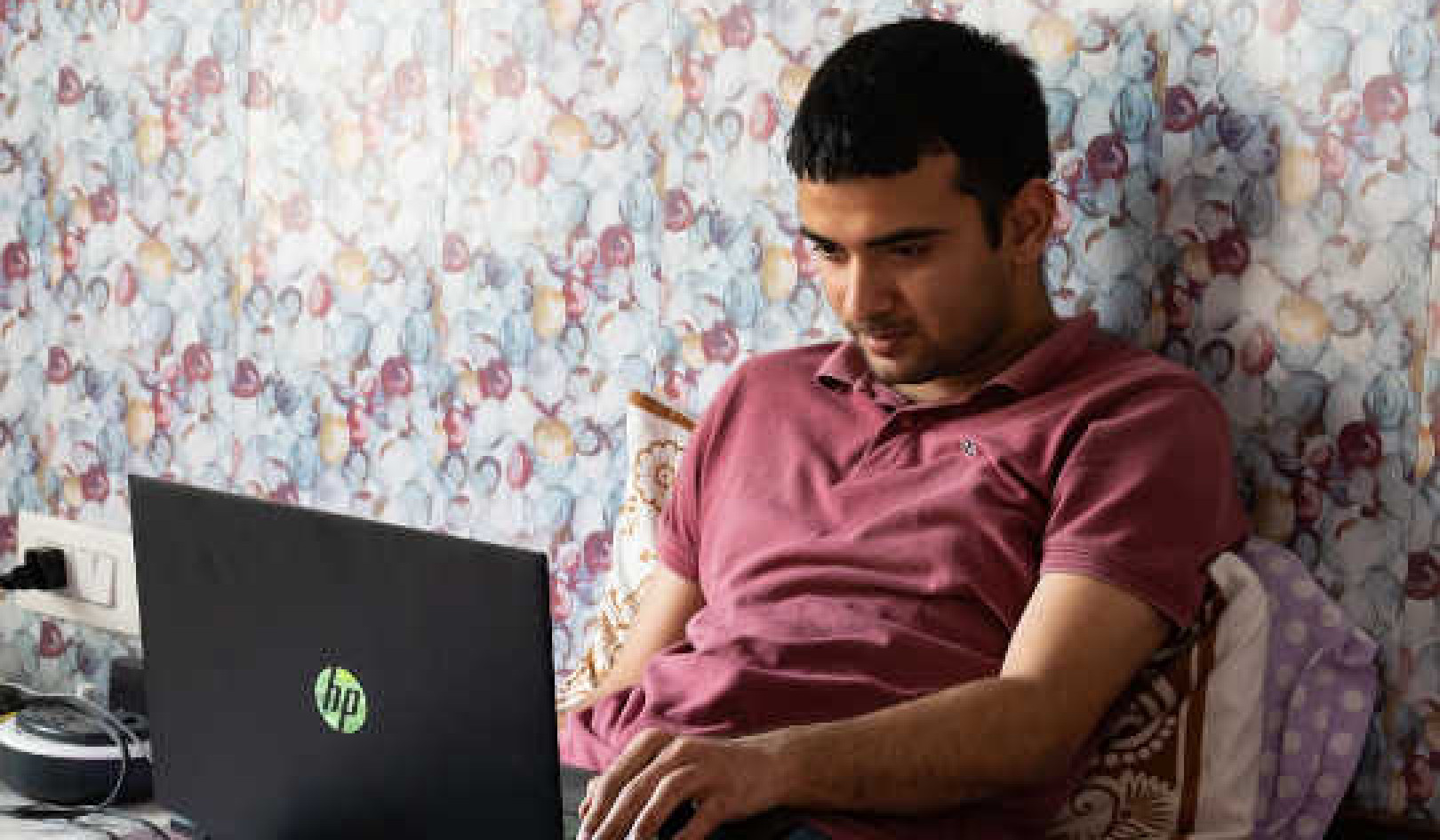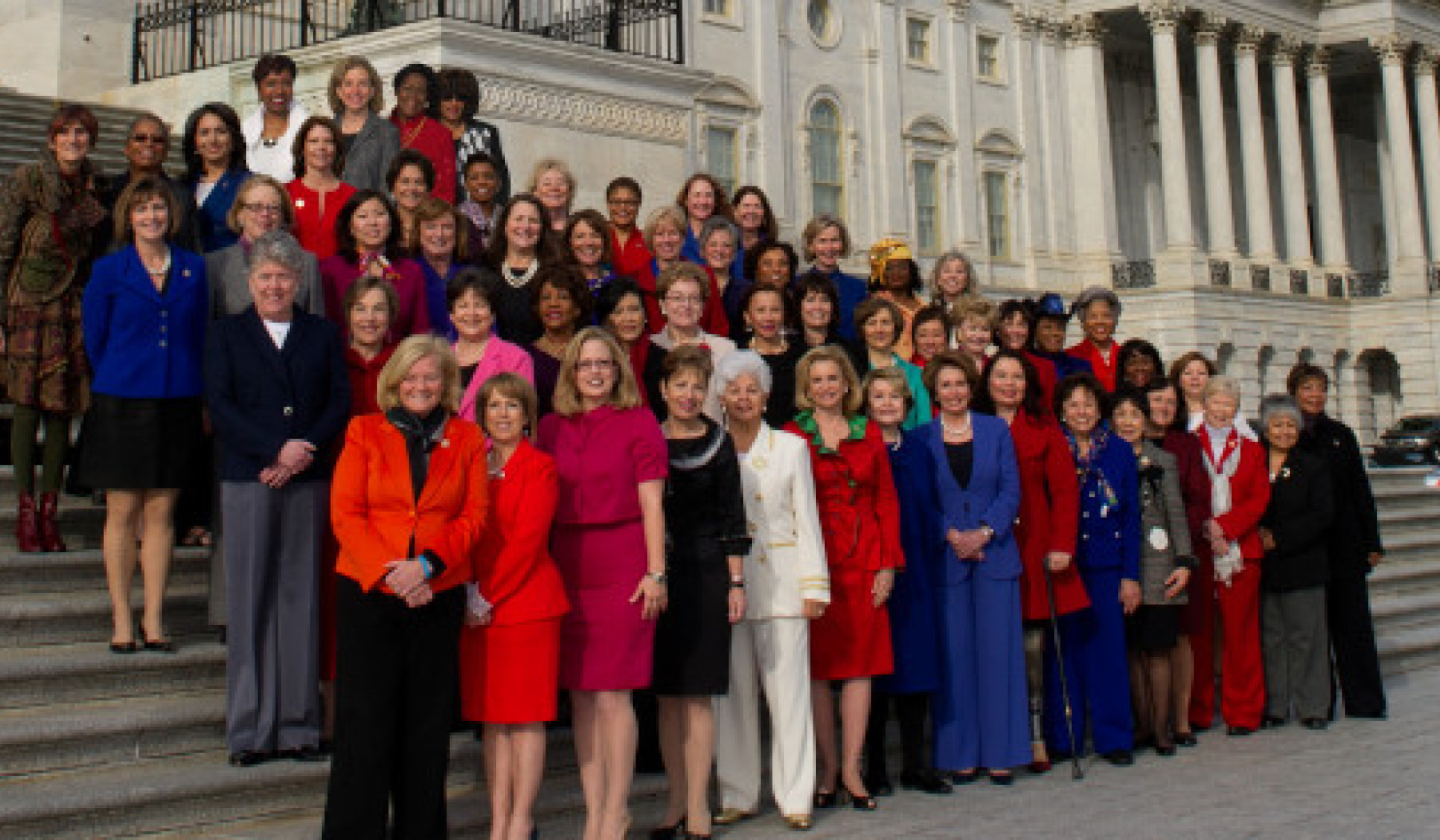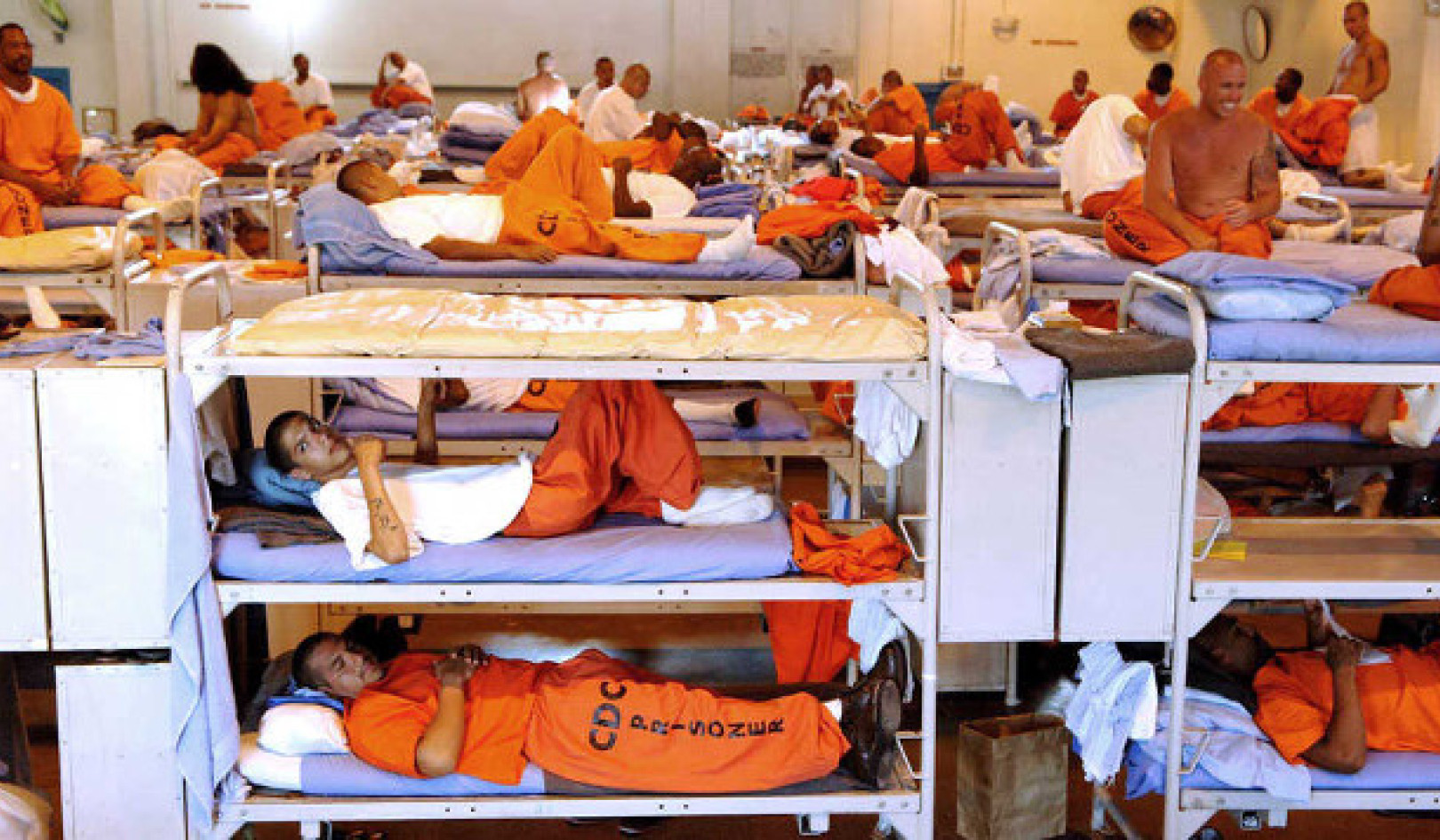
When will things go back to normal? That’s what everyone seems to be asking, which is understandable given the pain and sacrifice many endured over the past 18 months. But should things go back to normal? Some would reasonably argue that “normal” is a failed economic model responsible for producing unacceptable levels of inequality that have dented the social and moral fabric of our society.
As old and new challenges confront us, there are a handful of philosophers who can guide us though the next stage of the pandemic and beyond, some of whom I cover in my recent book on the {tip content="
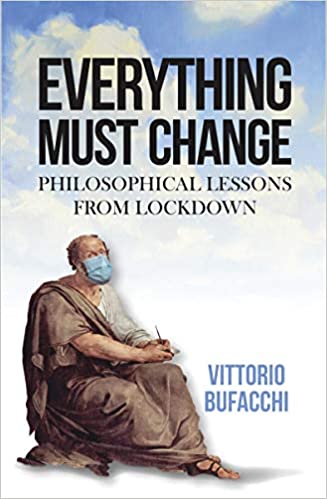 French philosopher Michel de Montaigne (1533–92) said that facing our mortality is the only way to learn the ‘art of living’. He was right. This book is about what we can learn from COVID-19, as individuals but also collectively. It argues that this crisis could change our lives for the better, ushering in a more just society.
French philosopher Michel de Montaigne (1533–92) said that facing our mortality is the only way to learn the ‘art of living’. He was right. This book is about what we can learn from COVID-19, as individuals but also collectively. It argues that this crisis could change our lives for the better, ushering in a more just society.
"}philosophical lessons of lockdown{/tip}. Here are seven of them whose ideas can help us build a better world by tackling inequality, reversing privatisation and strengthening democracy.
Brian Barry
A disproportionate number of the 3.4 million people worldwide who have died from COVID-19 were also the victims of inequality. After the pandemic, building a more just society, where equality is a precondition of freedom, must be our priority. Brian Barry is a good place to start.
In {tip content="
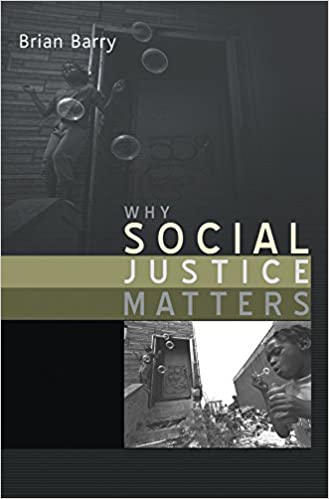 In the past twenty years, social injustice has increased enormously in Britain and the United States, regardless of the party in power. At the same time, the idea of social justice itself has been subverted, as the mantras of personal responsibility and equal opportunity have been employed as an excuse for doing nothing about the enrichment of the few at the expense of the many and for making ever harsher demands on the poor and vulnerable. Click for more info or to purchase
In the past twenty years, social injustice has increased enormously in Britain and the United States, regardless of the party in power. At the same time, the idea of social justice itself has been subverted, as the mantras of personal responsibility and equal opportunity have been employed as an excuse for doing nothing about the enrichment of the few at the expense of the many and for making ever harsher demands on the poor and vulnerable. Click for more info or to purchase
"}Why Social Justice Matters{/tip} (2005), he takes issue with the way equality of opportunity is understood today, in which personal responsibility is seen as the most basic and essential of all individual virtues. But Barry argues that the modern mantra of personal responsibility and meritocracy is a myth – an ideology used to punish the more disadvantaged members of society.
In our current world, people are seen as responsible for their poverty, their misery, their lack of resources. If they succumb to COVID, that is also seen as their fault. For Barry, there can only be equality of opportunity if there is equality of access to resources, which is what we need to work towards in a post-COVID world.
Thomas Scanlon
COVID-19 has exposed the structural injustice underpinning our society, which manifests in galloping social and economic inequalities and relentless exploitation. During the pandemic the very rich have become even richer and more powerful, while the poor are living more precariously.
We are running the risk of turning our democracies into plutocracies – governments by the wealthy. The multiple harms of inequality are analysed by Thomas Scanlon, one of the most influential living moral philosophers, in his book {tip content="
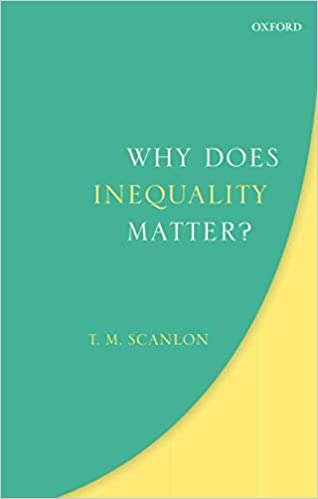 Inequality is widely regarded as morally objectionable: T. M. Scanlon investigates why it matters to us. Demands for greater equality can seem puzzling, because it can be unclear what reason people have for objecting to the difference between what they have and what others have, as opposed simply to wanting to be better off. Click for more info or to purchase
Inequality is widely regarded as morally objectionable: T. M. Scanlon investigates why it matters to us. Demands for greater equality can seem puzzling, because it can be unclear what reason people have for objecting to the difference between what they have and what others have, as opposed simply to wanting to be better off. Click for more info or to purchase
"}Why Does Inequality Matter?{/tip} (2017).
John Rawls
Rebuilding society on more just foundations will require a radical rethink of the role of the state in society. During the pandemic, people have looked to their governments for salvation, and COVID-19 is a reminder that a strong case can be made for the need to organise politics around public institutions. Never before have key institutions like an extensive, nationalized, public health service been more appreciated, and needed.
The way forward is to have more state, not less. COVID-19 has confirmation that we ought to organize our social and political affairs around the political philosophy of John Rawls, who argued that a just society demands that resources are redistributed across society.
Chiara Cordelli
Over the past 40 years, we have seen important state functions ceaselessly being handed over to the private sphere, with devastating consequences. The time has come to reverse this trend. In liberal democracies around the world, the private sphere has encroached on the public sphere, undermining the foundations of democracy, so much so that, today, private industries are doing the jobs that historically were done by public institutions.
It is not just the case of government ministers handing out contracts to private firms with whom they have personal connections (in the UK one-fifth of all government COVID contracts require investigation for possible corruption, according to campaign group Transparency International UK). There is also the fact that the public sphere and its institutions has been increasingly privatized.
As Chiara Cordelli highlights in her book, {tip content="
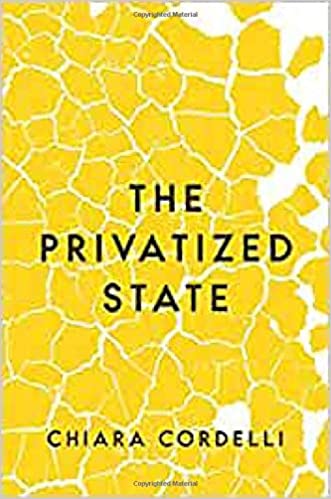 Many governmental functions today?from the management of prisons and welfare offices to warfare and financial regulation?are outsourced to private entities. Education and health care are funded in part through private philanthropy rather than taxation. Can a privatized government rule legitimately? The Privatized State argues that it cannot. Click for more info or to purchase
Many governmental functions today?from the management of prisons and welfare offices to warfare and financial regulation?are outsourced to private entities. Education and health care are funded in part through private philanthropy rather than taxation. Can a privatized government rule legitimately? The Privatized State argues that it cannot. Click for more info or to purchase
"}The Privatised State{/tip} (2020), many government functions today, from the management of prisons and welfare offices to warfare and financial regulation, are outsourced to private entities. Even education and healthcare are funded in part through private philanthropy rather than taxation. In the post-COVID world, constitutional limits on privatisation should be a priority.
Martin O'Neill and Shepley Orr
Unfair distributions of income, or dangerously unequal accumulations of wealth, can and ought to be rectified by taxation. Inequality is one of the reasons why COVID-19 has been so devastating in India and other parts of the world.
Taxation remains one of the most effective tools to reverse this growing, social malignancy, and for engendering social justice. The pivotal role of taxation in the modern polity cannot be overstated, as Martin O'Neill and Shepley Orr remind us in their edited volume {tip content="
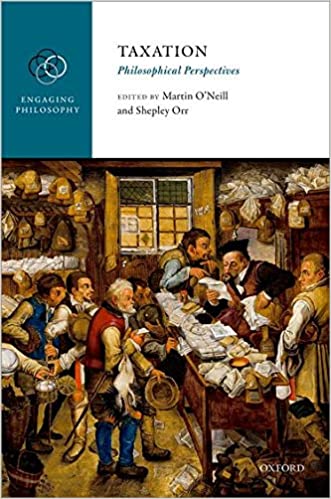 This is the first book to give a collective treatment of philosophical issues relating to tax. The tax system is central to the operation of states and to the ways in which states interact with individual citizens. Taxes are used by states to fund the provision of public goods and public services, to engage in direct or indirect forms of redistribution, and to mould the behaviour of individual citizens. Click for more info or to purchase
This is the first book to give a collective treatment of philosophical issues relating to tax. The tax system is central to the operation of states and to the ways in which states interact with individual citizens. Taxes are used by states to fund the provision of public goods and public services, to engage in direct or indirect forms of redistribution, and to mould the behaviour of individual citizens. Click for more info or to purchase
"}Taxation: Philosophical Perspectives{/tip}(2018).
Maria Baghramian
Throughout this pandemic, scientific experts were at the forefront of our battle against COVID-19, and the life-saving importance of research became evident to everyone. In the future, we will need more experts. We have also learned to distinguish between truth and post-truth, and how deadly the latter can be during times of crisis: just ask the hundreds of thousands of people who died from COVID-19 in the US, Brazil, India and the UK, only because their governments did not take expert advice seriously.
But from lockdowns to mask-wearing to international travel, experts don’t always agree on COVID (or anything else). Maria Baghramian, a philosopher at University College Dublin, is a world authority on making sense of when experts disagree. She is project leader of PERITIA, a project investigating public trust in expertise, and has written extensively and persuasively on the overlapping questions of relativism, trust, and experts.
Indulging in nostalgic reminiscences about the “good old days” pre-COVID may not be wise. There are many lessons we must learn from the present crisis, and we could do worse than to listen to the philosophers who have been imagining better, fairer, healthier worlds since long before the pandemic began.![]()
About The Author
Vittorio Bufacchi, Senior Lecturer, Department of Philosophy, University College Cork

Related Books:
On Tyranny: Twenty Lessons from the Twentieth Century
by Timothy Snyder
This book offers lessons from history for preserving and defending democracy, including the importance of institutions, the role of individual citizens, and the dangers of authoritarianism.
Click for more info or to order
Our Time Is Now: Power, Purpose, and the Fight for a Fair America
by Stacey Abrams
The author, a politician and activist, shares her vision for a more inclusive and just democracy and offers practical strategies for political engagement and voter mobilization.
Click for more info or to order
How Democracies Die
by Steven Levitsky and Daniel Ziblatt
This book examines the warning signs and causes of democratic breakdown, drawing on case studies from around the world to offer insights into how to safeguard democracy.
Click for more info or to order
The People, No: A Brief History of Anti-Populism
by Thomas Frank
The author offers a history of populist movements in the United States and critiques the "anti-populist" ideology that he argues has stifled democratic reform and progress.
Click for more info or to order
Democracy in One Book or Less: How It Works, Why It Doesn't, and Why Fixing It Is Easier Than You Think
by David Litt
This book offers an overview of democracy, including its strengths and weaknesses, and proposes reforms to make the system more responsive and accountable.
Click for more info or to order
This article is republished from The Conversation under a Creative Commons license. Read the original article.
















